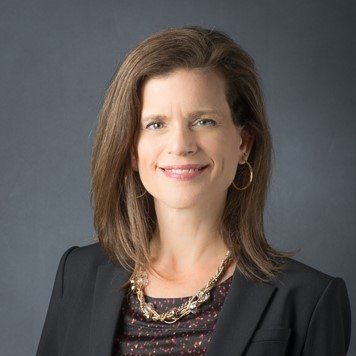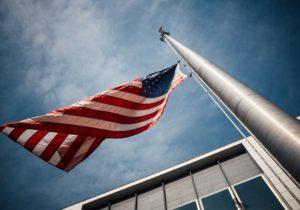The following lecture was recorded during Providence’s 2017 Christianity and National Security Conference.
Jennifer Marshall discusses the relationship between US culture and US foreign policy. She argues that the character of our culture in the United States influences our capacity to lead on the world stage and that international dynamics influence the ability of the US as a domestic polity to direct the course of our culture, particularly with regard to life, family, and religious liberty. Marshall argues that there should be coherence between US foreign policy and the principles and institutions of the constitutional order it exists to defend.







 Sponsor a student for Christianity & National Security 2024
Sponsor a student for Christianity & National Security 2024